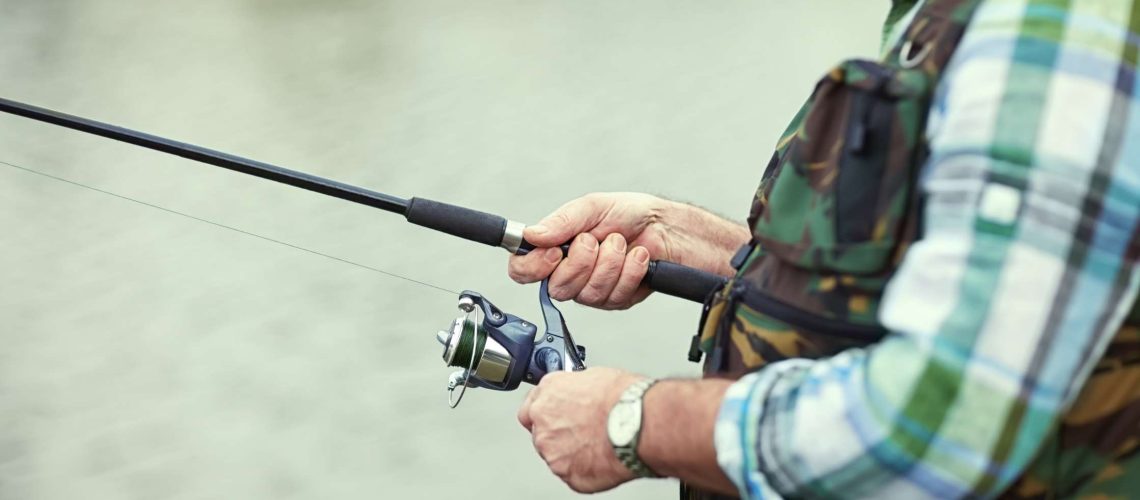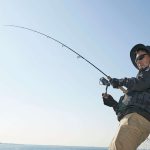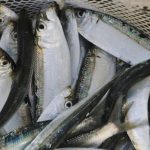When you consider the difference between saltwater and freshwater fishing, you might think it’s just about where you cast your line. However, there’s much more beneath the surface that shapes each experience. From the type of fish you’re aiming to catch, to the techniques and gear you’ll need, each environment presents its own unique challenges and rewards.
Imagine the serenity of a freshwater lake versus the unpredictable nature of the open sea. What truly sets these two apart, and how does each demand a different approach from you as an angler? Explore further to uncover these nuances.
Types of Fish
When choosing between saltwater and freshwater fishing, what types of fish can you expect to encounter?
In freshwater, you’ll find species like bass, trout, and catfish. These fish prefer calmer waters and are generally smaller.
Thanks to varied oceanic habitats, saltwater fishing introduces you to larger and more diverse species, such as marlin, tuna, and sharks. The species distribution is influenced by habitat preferences, as saltwater fish thrive in dynamic environments with tides and currents.
Fishing regulations differ significantly between the two, often dictating what you can catch based on ecological impact.
Angler demographics also vary; freshwater fishing often attracts local enthusiasts, while saltwater fishing draws those seeking adventure and bigger catches.
Understanding these aspects enriches your fishing experience.
Fishing Techniques
To excel in fishing, you need to master different techniques tailored to either freshwater or saltwater environments.
Freshwater fishing often involves fly fishing, requiring skillful casting to mimic insects. Saltwater fishing might involve trolling for big game.
Pay attention to bait selection; live bait like worms works well in freshwater, while saltwater species might prefer cut bait or artificial lures.
Remember, catch and release practices are crucial for conservation, especially in regulated areas. Always check fishing regulations to stay informed about legal catches and seasonal patterns affecting fish behavior.
Here are some techniques to consider:
- Fly fishing for precision
- Choosing the right bait
- Practicing catch and release
- Adhering to fishing regulations
- Adjusting to seasonal patterns
Master these, and you’ll enhance your fishing adventures!
Gear and Equipment
Choosing the right gear and equipment is crucial for maximizing your fishing success and enjoyment in both freshwater and saltwater environments.
In freshwater fishing, opt for lighter fishing tackle and flexible rods to handle smaller fish. Choose reel types that are smooth and easy to manage. Popular bait options include worms and insects, which attract species like bass and trout.
For saltwater fishing, durability is key. Select heavy-duty rods and corrosion-resistant reels to withstand the ocean’s demands. Bait options range from cut bait to artificial lures targeting larger species.
Regular maintenance tips include rinsing your gear with fresh water after saltwater use to prevent rust and corrosion. Proper gear ensures a better fishing experience across different environments.
Environmental Conditions
While having the right gear is important, understanding the environmental conditions can significantly enhance your fishing success in both freshwater and saltwater settings.
You’ll find that different elements play crucial roles in each environment.
Water temperature: In freshwater, it’s more stable, while saltwater temperatures fluctuate, affecting fish activity.
Tidal influences: Saltwater fishing is heavily influenced by tides, which dictate fish movement. Freshwater doesn’t face this challenge.
Habitat diversity: Oceans offer varied habitats, supporting diverse species, unlike more uniform freshwater environments.
Pollution effects: Both environments suffer, but saltwater areas might face larger-scale pollution impacts.
Seasonal patterns: Freshwater fish often follow predictable seasonal behaviors, whereas saltwater fish can be more erratic due to oceanic changes.
Recognizing these conditions helps tailor your approach for better results.
Fishing Challenges and Rewards
Fishing offers both challenges and rewards. It demands skill and patience but delivers unforgettable experiences and a sense of accomplishment.
As you face fishing challenges, you’ll learn to adapt to varying conditions and develop techniques that work for both saltwater and freshwater environments. Beginners should focus on honing skills through practice and seeking advice from experienced anglers in fishing communities.
The rewards of fishing are plentiful, from the thrill of the catch to the tranquility of nature.
It’s also important to engage in conservation efforts, ensuring the sustainability of fish populations for future generations. By respecting fishing regulations and promoting eco-friendly practices, you contribute to the health of aquatic ecosystems.
Embrace each challenge, and the rewards will follow.
Catch Your Dream Fish with Yellow Bird Fishing Products
Whether you’re navigating the calm waters of a freshwater lake or the challenging waves of the open sea, Yellow Bird Fishing Products is here to support your fishing endeavors.
Our extensive range of innovative and high-quality fishing gear is designed to enhance your experience, no matter where your passion for fishing takes you.
With products for both saltwater and freshwater fishing, we ensure you have the right tools to tackle any challenge and seize every opportunity.
Embrace the diversity of fishing environments with confidence, knowing that Yellow Bird Fishing Products has your back.
Let’s equip you to reel in unforgettable moments on your next fishing adventure.





